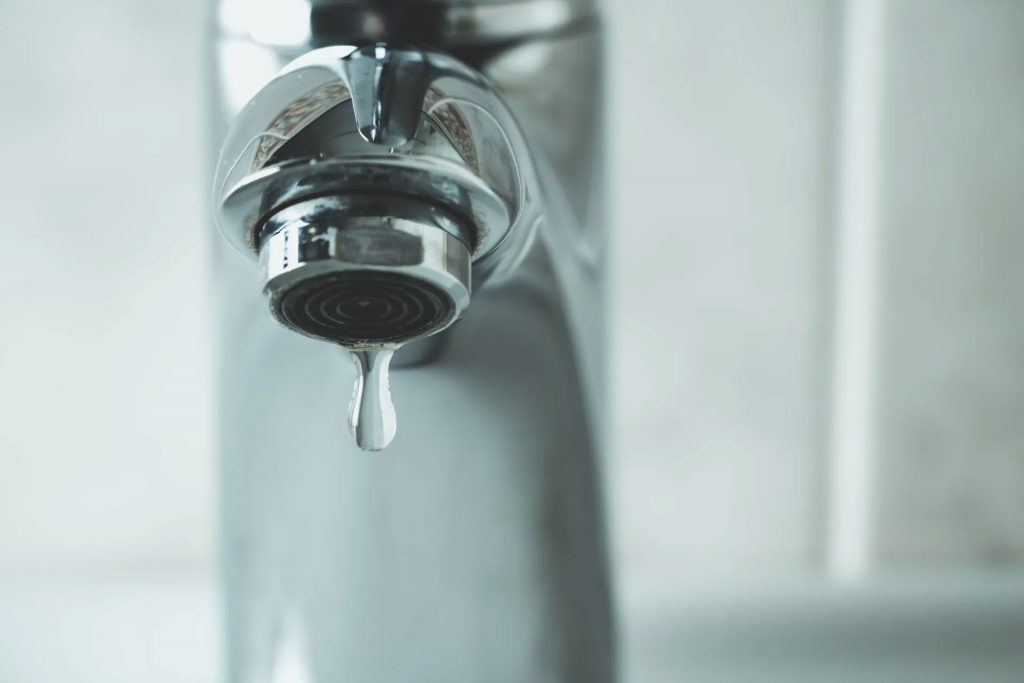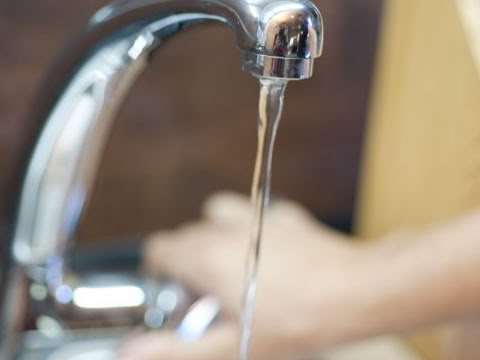Effective Tactics for Fixing Low Water Pressure in Your Home
Effective Tactics for Fixing Low Water Pressure in Your Home
Blog Article
They are making several good points regarding 9 Reasons for Low Water Pressure in Your House overall in this great article which follows.

Low water pressure in your home can be an irritating trouble, affecting whatever from bathing to cleaning dishes. If you're experiencing weak water flow, there are a number of possible reasons and services to check out. In this overview, we'll discuss usual reasons for low water stress and functional steps to resolve the problem properly.
Intro to Low Water Stress
Low tide pressure happens when the circulation of water from your faucets, showers, and other fixtures is weak than usual. This can make daily jobs more tough and much less reliable. Comprehending the reasons for low water pressure is crucial to discovering the right solution.
Usual Reasons For Low Water Stress
Pipeline Obstructions
With time, pipelines can end up being blocked with mineral deposits, debris, or debris, limiting the flow of water. This is a common problem in older homes with galvanized steel pipes.
Deterioration
Rust within pipes can bring about leaks and reduced water pressure. Corrosion buildup can restrict water circulation, particularly in maturing plumbing systems.
Faulty Stress Regulatory Authorities
Pressure regulators are in charge of keeping regular water stress in your home. If they malfunction, it can lead to low water pressure or uneven flow throughout your house.
Metropolitan Water Supply Issues
Occasionally, the trouble lies outside your home. Local water system concerns, such as main line leakages or maintenance work, can momentarily lower water stress in your location.
Just How to Detect Low Tide Stress
Inspecting Taps and Fixtures
Start by checking the water pressure at different taps and fixtures throughout your home. If the concern is separated to particular locations, it may show local issues.
Inspecting Pipelines
Examine visible pipes for signs of leakages, deterioration, or blockages. Pay attention to any kind of uncommon audios, such as knocking or rattling pipes, which might indicate concerns within the plumbing system.
Consulting with a Plumber
If you're unable to determine the reason for low water stress, take into consideration hiring a professional plumber to conduct an extensive assessment. They can determine underlying concerns and advise proper services.
Do It Yourself Solutions to Take Care Of Low Tide Stress
Cleaning Up Aerators and Showerheads
Natural resources can collect in aerators and showerheads, reducing water flow. Eliminate and clean up these components consistently to improve water pressure.
Flushing Water Heater
Sediment buildup in the hot water heater can limit circulation and decrease performance. Purging the tank periodically helps remove sediment and maintain optimum efficiency.
Examining Pressure Regulator
Guarantee that the pressure regulatory authority is working properly. Adjusting or changing the regulator can aid bring back proper water stress throughout your home.
Clearing Up Clogs in Water Lines
For small clogs, attempt using a plumbing serpent or chemical drainpipe cleaner to clear obstructions in pipes. Beware when using chemicals and comply with safety guidelines.
When to Call an Expert Plumber
If do it yourself efforts fail to deal with the problem or if you believe significant plumbing issues, it's best to seek help from an accredited plumber. They have the knowledge and tools to resolve complex problems securely and properly.
Preventive Measures to Keep Water Pressure
Normal Upkeep
Arrange regular maintenance for your plumbing system to prevent concerns such as deterioration, leakages, and blockages. Attending to small issues early can help avoid even more considerable fixings in the future.
Installing a Stress Booster
Think about mounting a pressure booster pump to boost water pressure in locations with constantly low circulation. This can be especially valuable for multi-story homes or homes with high-demand components.
Monitoring Water Use
Be mindful of water usage habits and prevent overtaxing the plumbing system. Easy modifications, such as astonishing showers and laundry lots, can aid keep adequate water stress.
Verdict
Managing low water stress can be irritating, yet recognizing the underlying reasons and applying ideal services can restore ideal flow throughout your home. Whether it's cleansing aerators, checking pipelines, or speaking with a plumber, taking aggressive steps can make sure a constant supply of water for your daily needs.
FOUR WAYS TO FIX LOW WATER PRESSURE NOW
Turning on a shower or faucet only to find the water comes out in a sad, slow drizzle is never a good feeling. How exactly are you supposed to wash a pan or take a quick shower when it takes 10 minutes just to rinse off a little soap? The good news is that when your water pressure is bad, there's always a cause: typically one that can be easily fixed. Here are some of the most common causes of low pressure and what you can do to fix the issue:
DEBRIS AND MINERAL DEPOSIT BUILDUPS
If you notice low water pressure from just one or two of the fixtures in your house, the problem likely has to do with debris buildup. Water is full of minerals and other debris, all of which can accumulate in your pipes and on your fixtures. This can cause a blockage that affects how much water flows through. To fix this, try filling a small plastic bag with white vinegar, and use a rubber band to hang it around your showerhead or faucet. Let the head of the fixture soak for a few hours, and the vinegar should loosen the deposits.
WATER LEAKS
Leaks are another common cause of low water pressure. If water is flowing out of your plumbing through a hole or crack before it can reach your fixture, the pressure coming out of the faucet or showerhead will be lower. A plumbing professional is your best bet for finding and repairing a leak in your water supply pipes.
Leaks are another common cause of low water pressure. If water is flowing out of your plumbing through a hole or crack before it can reach your fixture, the pressure coming out of the faucet or showerhead will be lower. A plumbing professional is your best bet for finding and repairing a leak in your water supply pipes.
FOUR WAYS TO FIX LOW WATER PRESSURE NOW
Turning on a shower or faucet only to find the water comes out in a sad, slow drizzle is never a good feeling. How exactly are you supposed to wash a pan or take a quick shower when it takes 10 minutes just to rinse off a little soap? The good news is that when your water pressure is bad, there's always a cause: typically one that can be easily fixed. Here are some of the most common causes of low pressure and what you can do to fix the issue:
DEBRIS AND MINERAL DEPOSIT BUILDUPS
If you notice low water pressure from just one or two of the fixtures in your house, the problem likely has to do with debris buildup. Water is full of minerals and other debris, all of which can accumulate in your pipes and on your fixtures. This can cause a blockage that affects how much water flows through. To fix this, try filling a small plastic bag with white vinegar, and use a rubber band to hang it around your showerhead or faucet. Let the head of the fixture soak for a few hours, and the vinegar should loosen the deposits.
WATER LEAKS
Leaks are another common cause of low water pressure. If water is flowing out of your plumbing through a hole or crack before it can reach your fixture, the pressure coming out of the faucet or showerhead will be lower. A plumbing professional is your best bet for finding and repairing a leak in your water supply pipes.
Leaks are another common cause of low water pressure. If water is flowing out of your plumbing through a hole or crack before it can reach your fixture, the pressure coming out of the faucet or showerhead will be lower. A plumbing professional is your best bet for finding and repairing a leak in your water supply pipes.
A VALVE ISSUE
If you have low water pressure throughout your home, check your main shut-off valve to make sure it's completely open. You may also want to see if there's a pressure-reducing valve installed. If there is, have a plumber help you adjust the settings to get the pressure you're looking for.
OTHERS USING WATER
Believe it or not, your low water pressure could be caused by your neighbors. If you notice low pressure at certain times of day, it may be because you and the people living next to you have similar schedules - when everyone is showering at the same time, the pressure will be lower in every home. Low pressure throughout the neighborhood may also be caused by an issue with your municipal water supply. If that's the case, call the supplier to see if they're working on the issue.
https://www.rotorooter.com/blog/water-leaking/low-water-pressure-fixes/

We were made aware of that editorial about 4 Ways to Troubleshoot Low Water Pressure through someone on our other web blog. Are you aware of another individual who is fascinated by the niche? Take a moment to promote it. We treasure your readership.
Quote & Schedule Report this page